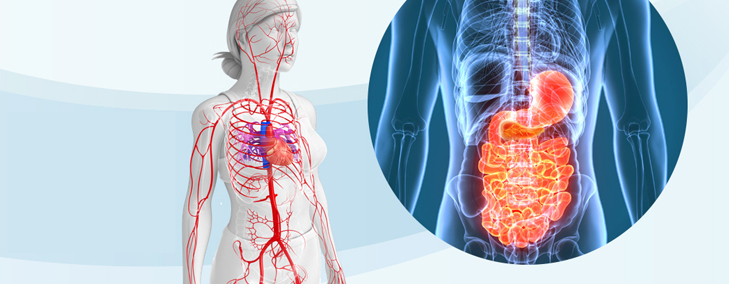What is Peptide Receptor Radionuclide Therapy?
Radionuclide therapy is a form of treatment used predominantly cancerous and some non-cancerous conditions. It involves the introduction of a radiolabeled molecule into the body, which then concentrates in the target area of the body to deliver special type of radionuclides (beta and alpha emitters) to the target. The beta and alpha radiations emitted by these particles has limited range and delivers radiation only to the target sites. This leads to therapeutic efficacy in these conditions.
Peptide receptor radionuclide therapy may be used in Neuroendocrine tumours, Pheochromocytoma & paraganglioma , meningioma . To learn about these cancers click on the name.
Is Peptide Receptor Radionuclide Therapy Safe?
Vast experience for various radionuclide therapies has been accrued over many years. All the therapy agents are by and large relatively safe. However, they come with their own risks and side effects like every treatment. The decision of administering these therapies is dependent on assessment of the benefit of therapy versus the risk of side effects.
Does Peptide Receptor Radionuclide Therapy Work in Every Cancer?
Radionuclide therapy is an evolving field with many new therapies coming up in research and clinical trials. Currently, however all cancers are not treatable by radionuclide therapy.
Does Peptide Receptor Radionuclide Therapy Work in All Patients?
Radionuclide therapy treatments like all treatments do not work in all patients.
I Have Received Chemotherapy, Can I Still Receive Peptide Receptor Radionuclide Therapy?
Receiving chemotherapy previously does not exclude you from receiving radionuclide therapy, however many other factors are taken into consideration with regards to eligibility for radionuclide therapy.
Does Peptide Receptor Radionuclide Therapy Work in Patients Not Responding to Chemotherapy?
Effect of chemotherapy and radionuclide therapy are independent of each other as they work in different ways. Thus, radionuclide therapy can work in patients not responding to chemotherapy and vice-versa.





